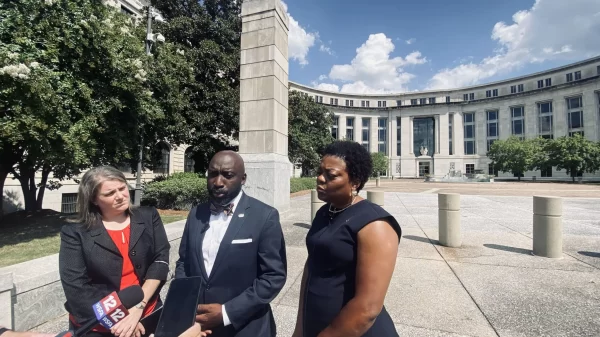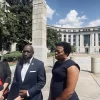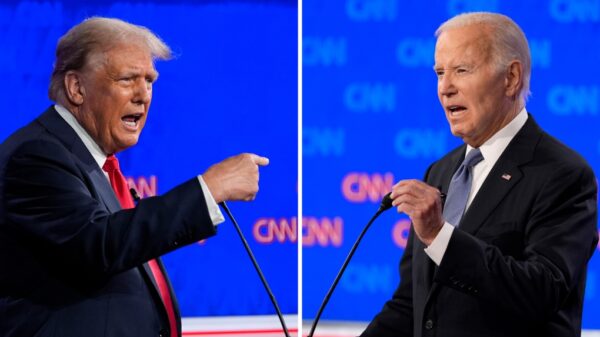By Lieutenant Governor Kay Ivey
When Alabamians enter the voting booth on November 4, 2014, they’ll see five proposed statewide Constitutional Amendments at the bottom of the ballot. It’s not uncommon to see Constitutional Amendments on the ballot in Alabama. Our government is set up in a way that puts the power in the hands of the people to make many major decisions that have a statewide impact. Our Constitution sometimes requires a statewide vote for local matters as well, but in general, the matters that are put to a vote by the people have a broad impact and we believe the people should decide their fate rather than legislators.
So what are these five proposed Constitutional Amendments and how do they affect you?
The Fair Ballot Commission, created in response to voters’ requests for easier to understand ballot language, has broken each Constitutional Amendment down in layman’s terms. It’s been made accessible on the Alabama Legislature’s website (www.legislature.state.al.us), and I thought you might like to have the information brought directly to you as well. I hope you find this guide to the 2014 proposed Constitutional Amendments helpful. Please feel free to contact my office if you have any questions. An educated voter is essential to creating good government.
Statewide Amendment 1: Called “The American and Alabama Laws for Alabama Courts Amendment,” Amendment 1 relates to the application of foreign law during the legal process involving an Alabama citizen. Foreign law refers to the laws of other countries or cultures. Currently, judges or other legal authorities discern whether foreign law is applied. Amendment 1 would create constitutional protection that foreign law is not applied if it violates the guaranteed rights of Alabama citizens.
Statewide Amendment 2: Authorizes the State to borrow up to $50 million in bonds to pay for National Guard armory maintenance and construction. Many of the State’s armories have fallen into disrepair and require maintenance. Passage of Amendment 2 would allow the State to use money from the Alabama Trust Fund to purchase bonds to fund the project. The bonds must be repaid within 20 years.
Statewide Amendment 3: Elevates Alabama citizens’ right to bear arms to a fundamental right in the State Constitution, receiving the highest possible protection of the law. The failure of Amendment 3 does not alter citizens’ current right to bear arms as protected by the State and U.S. Constitution, but its passage provides additional protection under the State Constitution.
Statewide Amendment 4: Requires a larger majority by the Alabama Legislature to pass unfunded mandates on local school boards. Currently, a simple majority vote is required. Amendment 4 would increase that threshold to a two-thirds majority vote. The change provided in Amendment 4 does not apply to legislation that addresses compensation, benefits, or due process rights of any employee of a board of education.
Statewide Amendment 5: Referred to as the “Sportsperson’s Bill of Rights,” Amendment 5 provides that the people of Alabama, today and for generations to come, have the right to hunt, fish, and harvest wildlife using traditional methods. Amendment 5 also defines hunting and fishing as the preferred means of managing and controlling wildlife. If Amendment 5 fails, Alabamians still have the right to hunt, fish, and harvest wildlife, but that right may be limited by existing or future laws and regulations.




















































